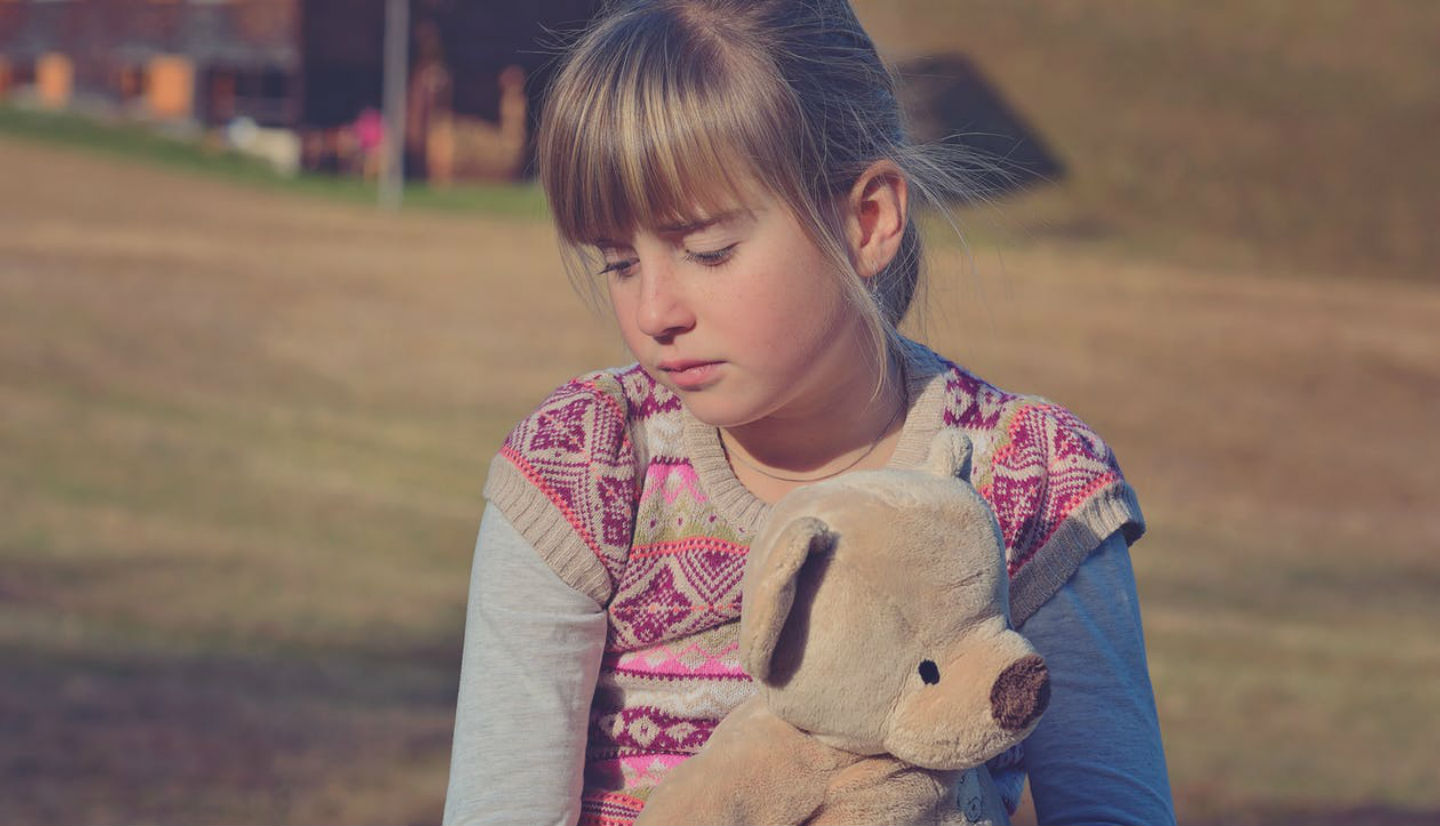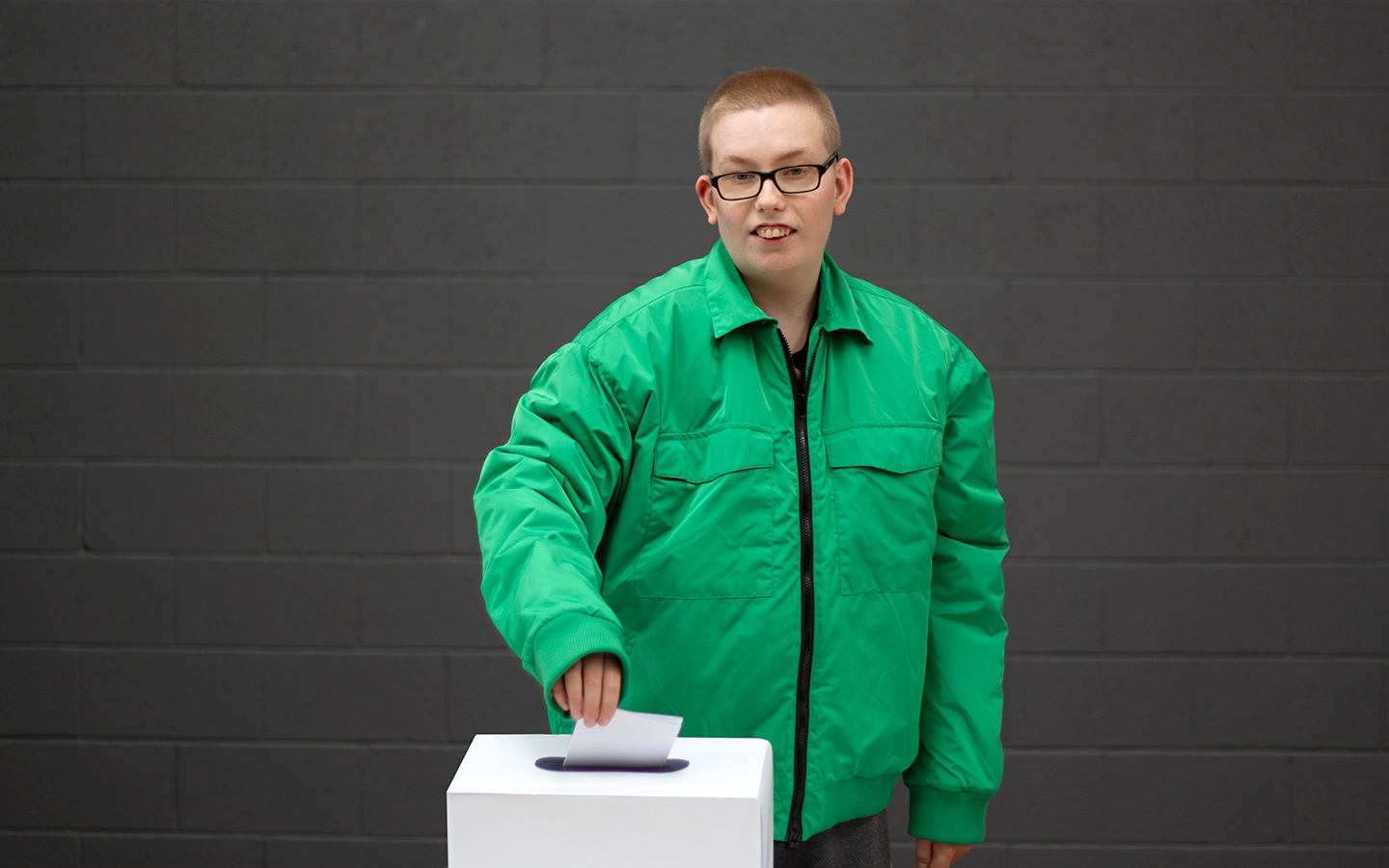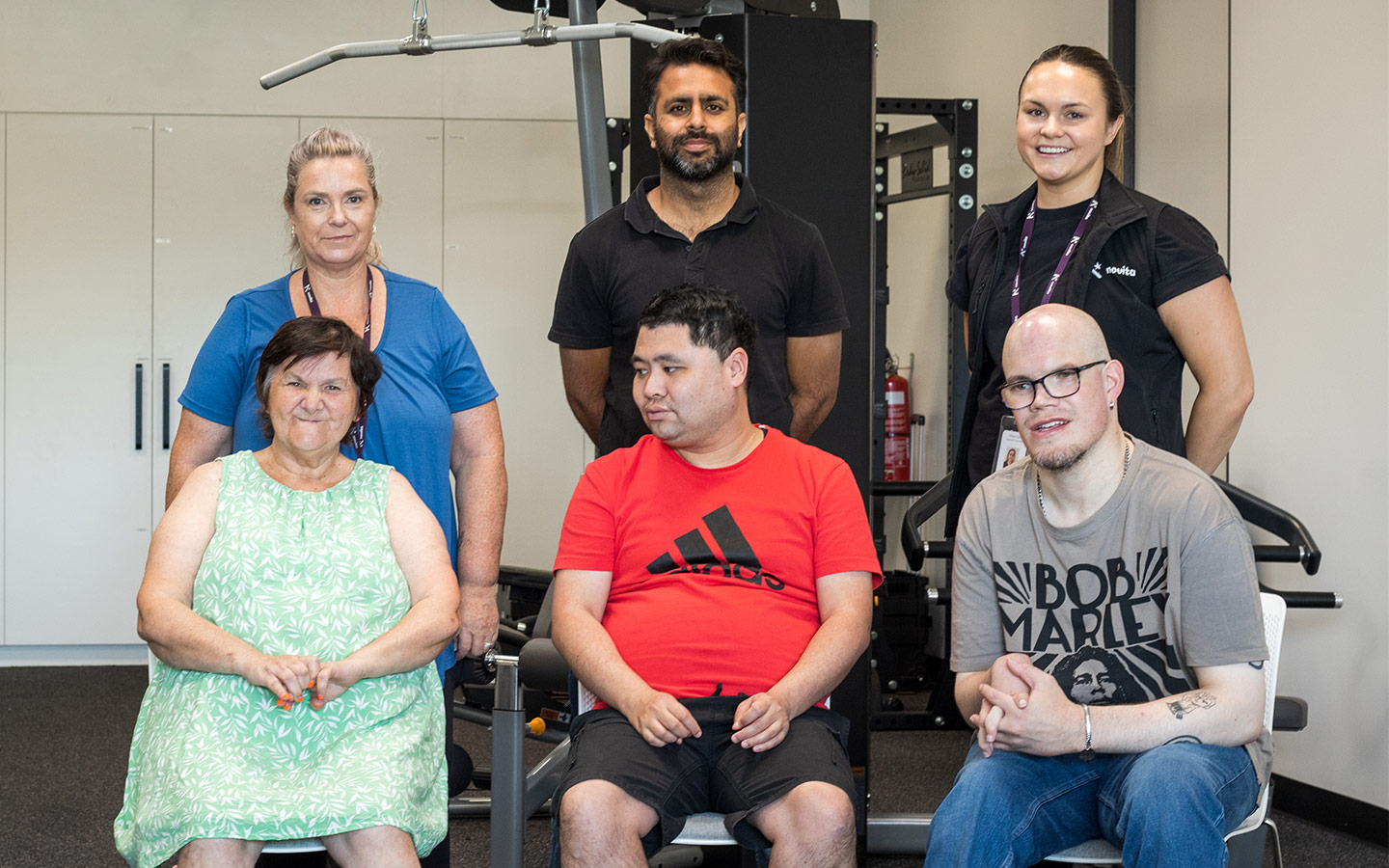Helpful Information
Children and grief
access_time15min read

Children feel grief the same way adults do, they just express it differently. Some kids will find it hard to talk about their feelings. If you are also feeling grief, your child will see it. It is important not to hide your grief from them. This page has important information for parents and carers about how children experience and cope with grief.
Children experience grief differently at different ages. Here are some examples:
At ages 2-5 kids…
- don’t understand loss is permanent
- feel insecure when they’re trying to make sense of the loss – they might cry more and be clingy
- might try and retrieve the lost object of their affections, for example they might try and dig up a dead pet as if they expect to find it alive.
At ages 5-9 kids …
- might have to deal with other people’s reactions and questions about their loss, such as from friends or classmates
- might be very aware of adults’ reactions to grief
- might try and protect adults from finding out how they’re feeling
- might experience guilt
- might have unrealistic thoughts that something they did or said caused the loss
- might become fascinated by death and ask challenging questions
At ages 9-12 kids …
- have some understanding of how final death is and that I happens to all living things
- might get scared about their own death
- might have a physical reaction to the loss
- might be in denial about the loss.
At ages 12-18 teenagers …
- are more likely to show grief like adults with more crying, anger, sadness and depression
- might think about their own mortality, and in few cases, think about suicide
- might question their own identity
- might question the meaning of life
- might become interested in different cultures and ideas about death
- might react to outward pressure or feel some obligation to take on more adult roles, or play the role of a parent who has died
- might exaggerate or hide their grief to align with that they think their peers expect of them
- might feel lonely if their friends don’t relate to what they’re going through.
Helping a child through grief, death or loss can be really hard. Here’s some steps you can take to help your child through grief.
Keep it simple- children need to be told about death in language that is clear, simple and at a level that they understand.
Be honest- children should be offered opportunities to ask questions and should have their questions answered as honestly as possible. Honest answers may sometimes include admitting that there is no answer or we don’t know the answer to that question yet. If honest answers are not given, children may try and make sense of things by making up an explanation for themselves. This can lead to some children blaming themselves in some way. When choosing language to explain death, try to avoid connecting death with lifelike activities. This may only confuse the child. For example, saying “… has gone to sleep for a very long time” may cause a child to fear going to sleep.
Ensure people closest to the child provide information and support- if children don’t find out the details of a death from a caring relative or friend there is always the risk they will be given misleading information from others. However sometimes the most caring people are dealing with their own grief and may not be ready to see what the child needs. In these cases, someone close to the family but not so directly affected can take on part of the role of informing the child. This shouldn’t be done without consulting with the family first.
Protect the child from public curiosity- where a death has a ‘public interest’ element the media may become involved. Care needs to be taken to protect children from exploitation by media operators.
Avoid giving confusing and contradictory messages – sometimes children get mixed messages about what is acceptable in expressing their grief. They may hear “Now, now there, don’t cry” from one person while another person may encourage them to express their grief quite openly. There can be unreasonable expectations placed upon them to be strong for their parents or others in such a situation.
Provide reassurance –reassure the child that the world has not completely changed. Return to as near as possible to normal routines as soon as possible. Children may need reassurance that death is not contagious or catching.
Be aware of the other losses associated with the major loss or death –these losses might mean the loss of family members, or sense of security. It might also mean the loss of income and the loss of a household if the family needs to move.
Ongoing Help for Children
- Allow re-emergence of grief.
- Have some answers ready for the most likely questions.
- Answer questions when they arise or make an appropriate agreement with the child to answer them and then follow through on your promise.
- Expect that some behaviour problems may be connected with grief but don’t allow behaviour to get out of hand before treating it as you would any other time.
- Include children in mourning rituals and processes.
- Keep memories alive, even if the relationship was a difficult one – provide mementos if possible, such as a photograph, a keepsake, or even a gift that was given by the child to the person.
- Make sure the adults in the situation are being looked after as well – this includes yourself.
Help from schools and teachers
A child’s school can be a place of refuge from the changes that are being experienced at home. On the other hand, school may be a place for some children where they can express their feelings more openly without fear of hurting other family members. A school or teachers can help in the following ways:
- Keep routines as normal as possible.
- Allow expressions of grief in a safe way but don’t allow these to overwhelm the other positive experiences of school.
- Be aware that refusal to attend school may signal that a child is unsure of the school situation, and have unanswered questions such as “Who knows about the death? and “How are people going to react?”
- Children may need to be protected from a barrage of questioning from their friends and classmates.
- Because the child is different in some way from those around them, they may be more likely to be teased and bullied and may be hurt more by teasing and bullying.
- While children are away from home they may have thoughts about what is happening at home and may even be scared that something bad will happen while they are away.
Resources on grief and disability
- Have a chat with a Psychologist
- If you would like information or free advice, speak to someone in our friendly team on 1300 668 482 or visit our Contact Us page for more ways to get in touch.


